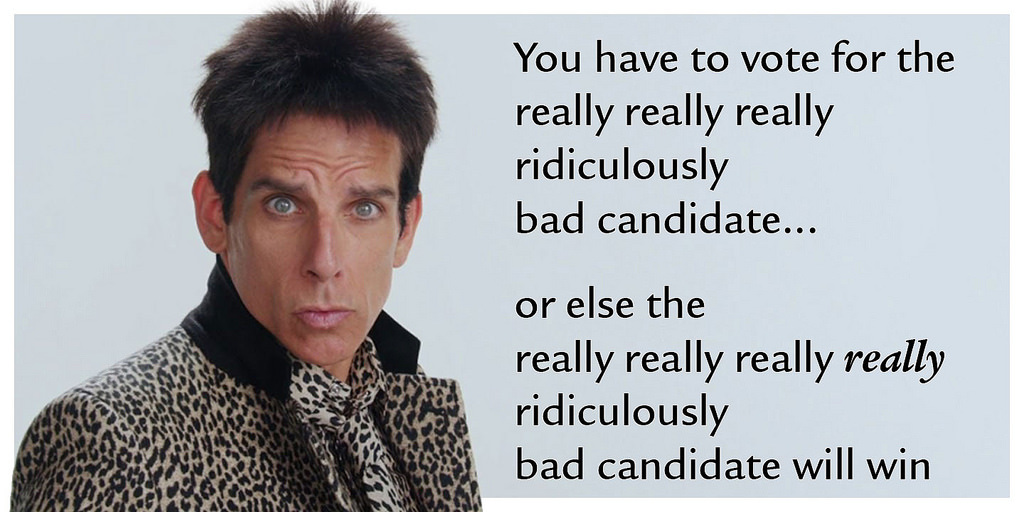| | nuclear holocaust. Yes, but then, Barack Obama was supposed to have declared martial law by now and confiscated all our guns. And, to be fair to the other side, George W. Bush was supposed to have launched a disastrous attack on Iran before leaving office. Who is keeping score, here? Well, breathe deep. We have a week or two before the fight to control Congress in 2018 begins in earnest. Deadlines being what they are, I was forced to write this before Tuesday’s first returns were announced. I don’t know if people are taking to the streets today. But I can predict with confidence that Utah, at least, continues to function in peace, and that it will do so for the foreseeable future. The past several months have been difficult to explain to foreigners. The nation’s mood does not seem to match reality. Unemployment remains around 5 percent, or maybe a little less. Median household income is about $51,939. The Pew Research Center says 56 percent of us are classified as “high income” when compared to the world at-large, and that “almost nine-in-ten Americans had a standard of living that was above the global middle-income standard.” And Tuesday showed once again that our form of democracy works, even if most people weren’t happy about who emerged in the race for the White House. Most of your ballot was dominated by races that, collectively, mattered more, and a lot of those candidates were good people with sincere intentions. Here in Utah, you even had a say in whether to raise taxes for schools or recreation projects. This doesn’t sound like a recipe for the kind of breathless, overheated rhetoric that has dominated social media for much of its existence. I’ve been writing opinion pieces for this newspaper for nearly 23 years now. I learned early on that, barring an unusual circumstance, most readers would rather talk about what happens in Washington than worry about their city council, school board or mosquito abatement district. This year, I moderated state Board of Education debates that attracted fewer people than the average church service project. As Alissa Wilkinson wrote for vox.com, “apocalyptic rhetoric is baked into the American psyche — and it pops up pretty much every time there’s a presidential election in the near future or recent past.” And speaking of the apocalypse, the Lowell Center for Public Opinion at the University of Massachusetts found recently that, among Millennials, 53 percent said they would rather have a meteor destroy the earth than see Donald Trump elected, while 34 percent would prefer the same to a Hillary Clinton administration. Thankfully, meteors don’t care about public opinion. This sort of thing isn’t new. Lyndon Johnson ran a television ad in 1964 that all but said Republican Barry Goldwater would destroy the earth in a nuclear holocaust. We’ll never know about that because Johnson won, but I hear Vietnam wasn’t too pleasant an alternative. The point here isn’t to say important issues were not at stake yesterday. They were. Part of the reason Americans are prone to apocalyptic rhetoric has to do with their vision of what the nation ought to be, and their worries about how corruption in high places can destroy that. There is a thread of nobility to that, even if it gets tangled in inaccuracies and drowned in hateful rhetoric. However, the future always has depended more on what so-called little people do — the millions of daily decisions that add up to what the nation values and believes. The way you elect to treat someone on the train, at the office, in your home or (dare I say it?) on the Internet today ultimately matters more than who you elected yesterday. It also says much about whether you appreciate living in a land where, despite it all, things are really good. |
|
0 Comments
Your comment will be posted after it is approved.
Leave a Reply. |
Search this siteLike what you read here? Please subscribe below, and we'll let you know when there is a new opinion.
The author
Jay Evensen is the Opinion Editor of the Deseret News. He has more than 40 years experience as a reporter, editor and editorial writer in Oklahoma, New York City, Las Vegas and Salt Lake City. He also has been an adjunct journalism professor at Brigham Young and Weber State universities. Archives
July 2024
Categories
All
Links
|


 RSS Feed
RSS Feed

